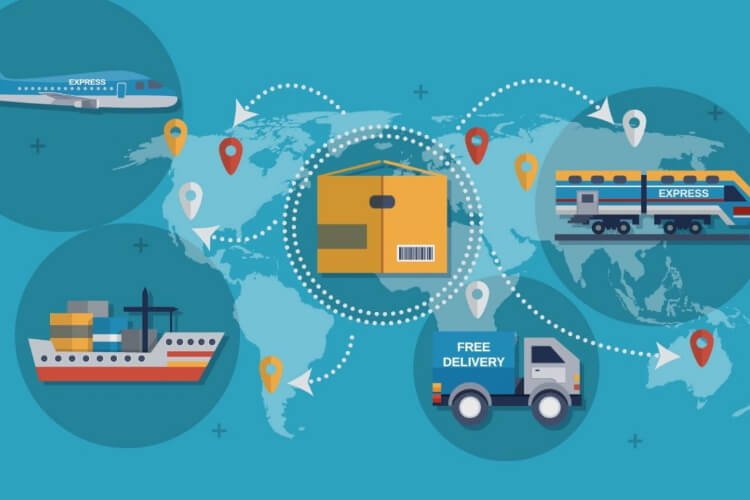Study: Blockchain Сould Save $450 Bln in Logistics in Western Europe

After the hype comes down, the market begins to evaluate the usefulness of technology in a more mundane way. So, according to a new study conducted by Cointelegraph Consulting and Insolar, blockchain technology can reduce supply chain costs for enterprises by 0.4–0.8%. To put it in real monetary terms, the implementation of blockchain in the supply chain can save about 450 Bln dollars for Western European enterprises.
The report states that the introduction of technology will certainly pay off:
“94% of supply chain leaders say digital transformation will fundamentally alter supply chain management. In the transition to industry 4.0, industrial business can expect a 25% gross increase in [Return on Capital Employed] by 2035.”
Problem designation
In addition, modern technological solutions, such as enterprise resource planning and traditional databases, are not very good at solving modern supply chain problems. The reason is as follows: almost 80% of corporate data is quite fragmented and does not constitute a coherent structure. The study says:
“The database approach fails to provide an inherent share of data related to the supply chain, which is crucial for counterparties that do not trust each other to obtain information about a certain product, its price, delivery conditions, etc. The information is not always up to date from some parties, and some data may be hidden.”
Petr FEDCHENKOV, founder of Insolar, believes that the implementation of the blockchain will not necessarily lead to the complete disbandment of modern IT systems, saying that it can be used in tandem with the existing infrastructure:
“When people think about blockchain there is a misconception that it’s a new paradigm requiring a change in business entirely. We believe this is wrong though, and offer an approach to complement organizations existing IT infrastructures using our blockchain platform.”
How blockchain has already changed the supply chains
Over the entire period of its existence, the blockchain has already proved its viability and effectiveness, having become widespread in the supply chains of various goods, including diamonds, rare metals, fashion items, food, and the automotive industry.
Summing up, we can say that blockchain has already demonstrated the effectiveness of implementation in the supply chain. Ultimately, the business will find the optimal solution and application of technology, if it is profitable.
Image courtesy of BeFastTV